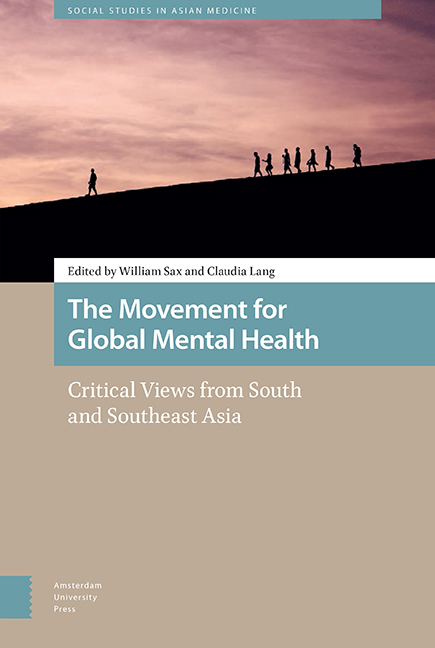2 - Mental Ills for All: Genealogies of the Movement for Global Mental Health
Published online by Cambridge University Press: 27 May 2021
Summary
Abstract
MGMH was created by reassembling psychiatric epidemiology, health economics, health systems research, evidence-based therapeutics, lay awareness, human rights, and sustainable development into an set of policy instruments. I retrace the emergence and crisis of three “pillars” of MGMH: epidemiology, economics of minds and moods, and the gap in treatment provision. I argue that MGMH remains limited by its strategic ignorance of flaws in the data, of paradoxical relations between economic development and health improvement, and of how people actually seek help in low income countries. I conclude by arguing that MGMH policies are bound to fail if they fail to reckon with the contradictions in its approach.
Keywords: psychiatric epidemiology, economics of mental health, mental health treatment gap
Globalising Mental Illness
In May 2018, a report announced that diagnoses of depression are rising dramatically in the US (BlueCross BlueShield 2018). Between 2013 and 2016, rates increased by 63 per cent among adolescents and 47 per cent among millennials. The highest rates were found in the richest states of the Pacific Northwest and New England. The rise of mental disorders is said to be a global phenomenon, striking rich and poor countries alike. In October 2018, a report by The Lancet Commission on Global Mental Health and Sustainable Development (Patel et al. 2018) announced that low and middle income countries needed to take “urgent action” to “fully implement” psychiatric diagnostics and therapies developed in the US and Europe – as if these interventions had lowered rates of suffering in the countries they came from. The global “scaling up” of interventions seems to scale up the suffering as well. This is the one of the key paradoxes of mental health in the world today.
“Global Mental Health” (GMH) is an interdisciplinary field of research, policy, and advocacy that seeks equal access to basic mental health care for everyone in the world. My own discipline, medical anthropology, has been part of GMH from early on. The anthropologists were among the most globally oriented co-constituents of GMH. Yet anthropologists engaging with GMH also struggle with a range of value conflicts, especially when it comes to psychiatrists saying their diagnostics are universal and their therapies effective irrespective of cultural context.
- Type
- Chapter
- Information
- The Movement for Global Mental HealthCritical Views from South and Southeast Asia, pp. 41 - 64Publisher: Amsterdam University PressPrint publication year: 2021

